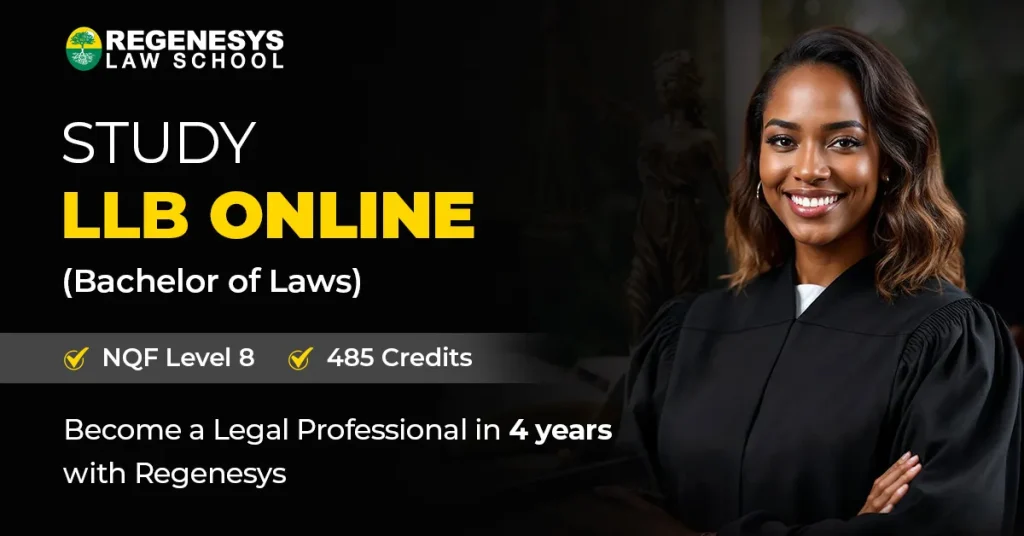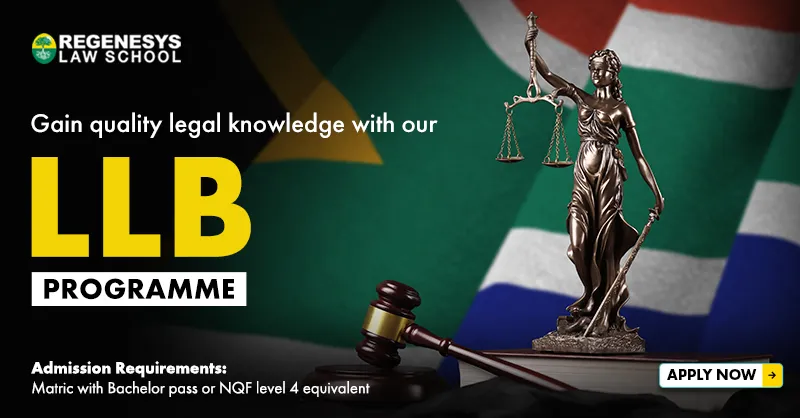Constitutional law is the body of law that defines the relationship between different branches of government—the executive, legislature, and judiciary. In South Africa, understanding this law is especially important due to the country’s transformative journey from apartheid to democracy. It is designed to address injustices and build a society rooted in democratic values, social justice, and human rights. As a result, knowledge of constitutional law is crucial for learning the legal structure of South Africa’s democracy.
In this article, we will help you find the answer to ‘What is Constitutional law? by exploring its meaning, historical background, examples and more.
Table of Contents
- What is Constitutional Law? Meaning and Definition
- Historical Background of Constitutional Law in South Africa
- Constitutional Law Examples: Landmark Cases
- Statutory Law vs Constitutional Law: Differences
- Importance of Constitutional Law
- Studying Constitutional Law in South Africa
- Conclusion
- FAQs on What is Constitutional Law?
What is Constitutional Law? Meaning and Definition
In South Africa, constitutional law refers to the body of law that interprets and applies the nation’s Constitution. The Constitution is the supreme law of the nation, and all other laws must follow it. It defines the structure of government, the distribution of powers, the rights of individuals, and the processes by which laws are enacted and enforced. Here are the key concepts and principles that define what is constitutional law:
Constitutional Supremacy: The Constitution is the ultimate authority, and all laws and actions must align with its provisions.
Rule of Law: The government and its officials must act within legal boundaries and follow the law.
Separation of Powers: Power is divided among the legislative, executive, and judicial branches to prevent misuse.
Transformative Constitutionalism: The Constitution addresses past injustices and promotes social justice and equality, guiding efforts towards a more equitable society.

Historical Background of Constitutional Law in South Africa
The evolution of constitutional law in South Africa mirrors the country’s shift from colonial rule to apartheid and, finally, to democracy. It started with colonial charters and moved through different legal systems set by colonial and apartheid governments. Here’s a brief overview of the historical background of this law in South Africa, explaining what is constitutional law:
- Early Constitutions (1909-1910): The Union of South Africa Act created the Union of South Africa, giving political rights only to white people and leaving out the majority of South Africans.
- Apartheid Era (1961-1983): In 1961, South Africa became a republic, continuing racial segregation with a new constitution. The 1983 constitution divided political power among whites, Coloureds, and Asians but excluded black people.
- End of Apartheid (1994): The interim Constitution ended apartheid and led to South Africa’s first multiracial elections, marking the start of democratic rule.
- Democratic Constitution (1996): The 1996 Constitution replaced the interim one, establishing a democratic government based on equality and human rights.
Constitutional Law Examples: Landmark Cases
South African constitutional law has been essential in shaping the country’s legal system and supporting human rights. Important court cases have tested and clarified how constitutional protections work, ensuring that laws and government actions respect basic rights and principles. Here are some important examples of this law:
- S v Makwanyane (1995): Abolished the death penalty, declaring it unconstitutional for violating the right to life and prohibiting cruel punishment.
- S v Williams (1995): Declared corporal punishment for juveniles unconstitutional as it violated their rights.
- Carmichele v Minister of Safety and Security (2001): Emphasised the need for courts to ensure police accountability in preventing sexual violence against women.

Statutory Law vs Constitutional Law: Differences
Understanding the differences between statutory law and constitutional law is crucial for grasping how legal systems function. This table outlines the key distinctions between these two branches of law, highlighting their aspects:
|
Aspects |
Statutory Law |
Constitutional Law |
|
Source of Authority |
Created by legislative bodies; subordinate to constitutional law. |
The Constitution is the highest legal authority; all laws must conform to its principles. |
|
Scope and Purpose |
Specific and detailed; regulates particular issues (e.g., criminal behaviour, taxation). |
Provides the framework for governance and protects fundamental rights; addresses broad principles. |
|
Flexibility |
Can be enacted, amended, or repealed relatively easily. |
Amending the Constitution is complex and requires a supermajority or electorate’s approval. |
|
Judicial Interpretation |
Interpreted by courts to resolve disputes and clarify legislative intent for specific statutes. |
Interpreted by courts to shape understanding of rights and government powers, leading to landmark rulings. |
|
Examples |
Laws like the Companies Act and the Criminal Procedure Act. |
The Bill of Rights in the South African Constitution. |
Importance of Constitutional Law
Constitutional law is crucial for protecting the rights and freedoms of South African citizens. It establishes a Bill of Rights that guarantees key protections like equality, freedom of expression, and access to essential services. It ensures a balanced government by clearly separating powers between the legislative, executive, and judicial branches so no single branch becomes too powerful. Additionally, this law promotes justice and fairness through transformative constitutionalism.
Studying Constitutional Law in South Africa
Studying Constitutional Law in South Africa starts with focusing on subjects such as history and social studies during high school. These subjects form the foundation for understanding constitutional principles, fostering analytical skills crucial in navigating the complexities of constitutional law. At the tertiary level, you can enrol in Regenesys Law School’s Bachelor of Laws (LLB) programme to learn what is constitutional law. You will get access to a well-structured curriculum and resources that prepare you for careers as constitutional lawyers, legal advisors, and researchers. Moreover, you can explore diverse career opportunities in advocacy, litigation, academia, and public service, ensuring justice in South Africa.

Conclusion
Constitutional law is essential to South Africa’s legal system and has been pivotal in the nation’s transition from apartheid to democracy. It defines the structure of government and safeguards individual rights, ensuring that all laws and actions adhere to principles of equality, justice, and human rights.
Enrol in the LLB programme at Regenesys Law School, where you will gain extensive knowledge of constitutional law along with practical insights into South Africa’s legal system. Apply today and take the first step toward making a meaningful impact in the field of constitutional law!
FAQs on What is Constitutional Law?
What is constitutional law?
The constitutional law definition encompasses the principles and rules that govern the legal framework of the state, shaping the interactions between the government and its citizens.
Why is constitutional law important in South Africa?
Constitutional law is crucial because it ensures that laws and government actions follow principles of equality, justice, and human rights. It also provides a framework for governance and protects fundamental rights through mechanisms like the Bill of Rights.
How does constitutional law differ from statutory law?
Constitutional law sets the overall framework for governance and is supreme over other laws. Statutory law, created by legislative bodies, addresses specific issues and can be more easily enacted, amended, or repealed.
What are the educational pathways for studying constitutional law in South Africa?
Students can pursue an LLB degree at universities and law schools, such as Regenesys Law School, which offers comprehensive courses in constitutional law.
What career opportunities are available for constitutional law graduates?
Graduates can work as constitutional lawyers, legal advisors, and researchers or pursue roles in advocacy, litigation, academia, and public service, contributing to the upholding of constitutional principles.







